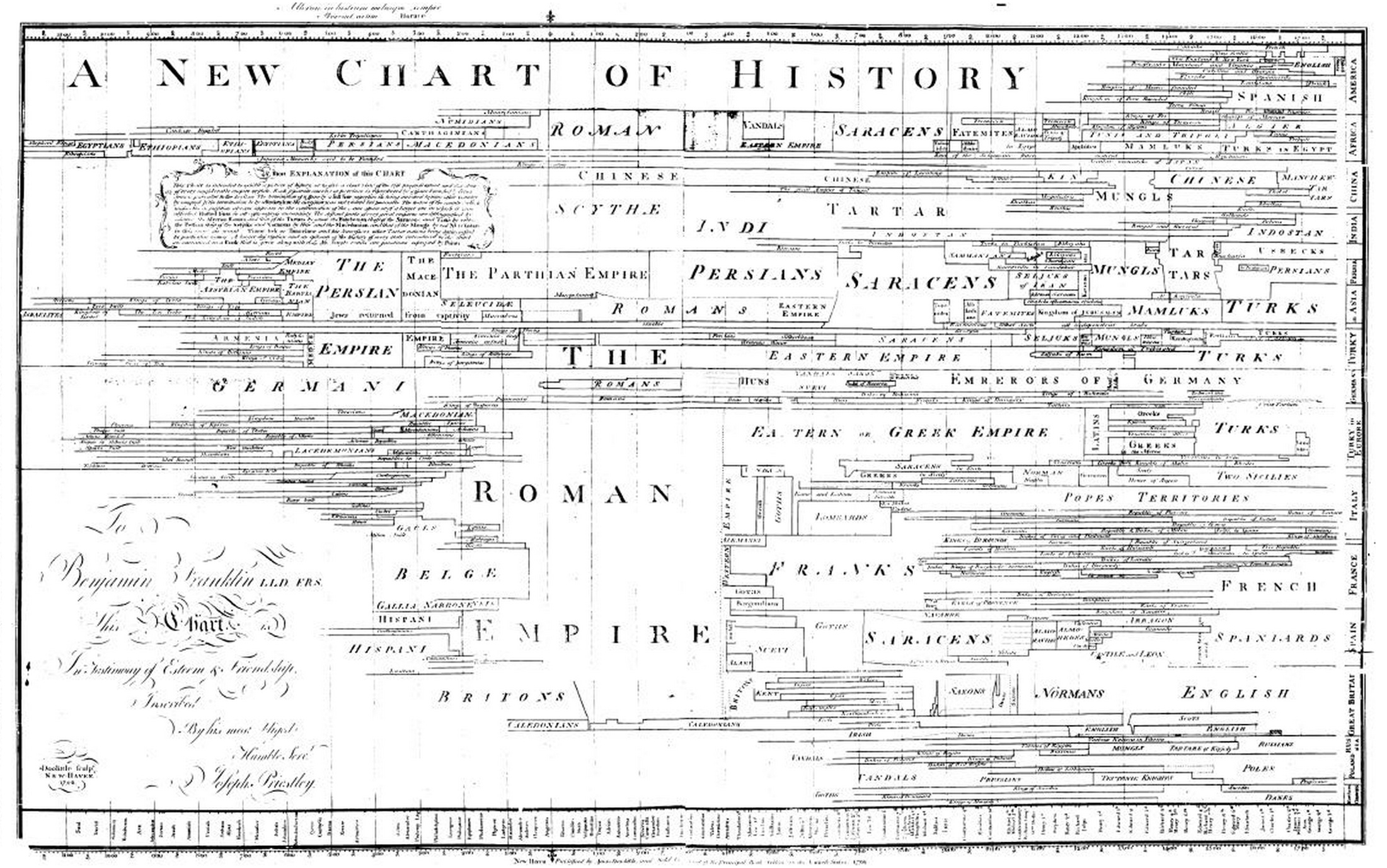Will is nothing more than a particular case of the general doctrine of association of ideas, and therefore a perfectly mechanical thing.

"Joseph Priestley" was an 18th-century English theologian, English Dissenters/Dissenting clergyman, Natural philosophy/natural philosopher, chemistry/chemist, educator, and Liberalism/Liberal Political philosophy/political theorist who published over 150 works. He is usually credited with the discovery of oxygen, having isolated it in its gaseous state, although Carl Wilhelm Scheele and Antoine Lavoisier also have a claim to the discovery.
During his lifetime, Priestley's considerable scientific reputation rested on his invention of soda water, his writings on electricity, and his discovery of several "airs" (gases), the most famous being what Priestley dubbed "dephlogisticated air" (oxygen). However, Priestley's determination to defend phlogiston theory and to reject what would become the chemical revolution eventually left him isolated within the scientific community.
If you enjoy these quotes, be sure to check out other famous scientists! More Joseph Priestley on Wikipedia.It is no use speaking in soft, gentle tones if everyone else is shouting.
I never read the life of any important person without discovering that he knew more and could do more than I could ever hope to know or do in half a dozen lifetimes.
Like its politicians and its war, society has the teenagers it deserves.
Many a man is praised for his reserve and so-called shyness when he is simply too proud to risk making a fool of himself.
What I have known with respect to myself, has tended much to lessen both my admiration, and my contempt, of others.
Living in an age of advertisement, we are perpetually disillusioned. The perfect life is spread before us every day, but it changes and withers at a touch.
The more elaborate our means of communication, the less we communicate.
In completing one discovery we never fail to get an imperfect knowledge of others of which we could have no idea before, so that we cannot solve one doubt without creating several new ones.
Could we have entered into the mind of Sir Isaac Newton, and have traced all the steps by which he produced his great works, we might see nothing very extraordinary in the process.
Copyright © 2024 Electric Goat Media. All Rights Reserved.